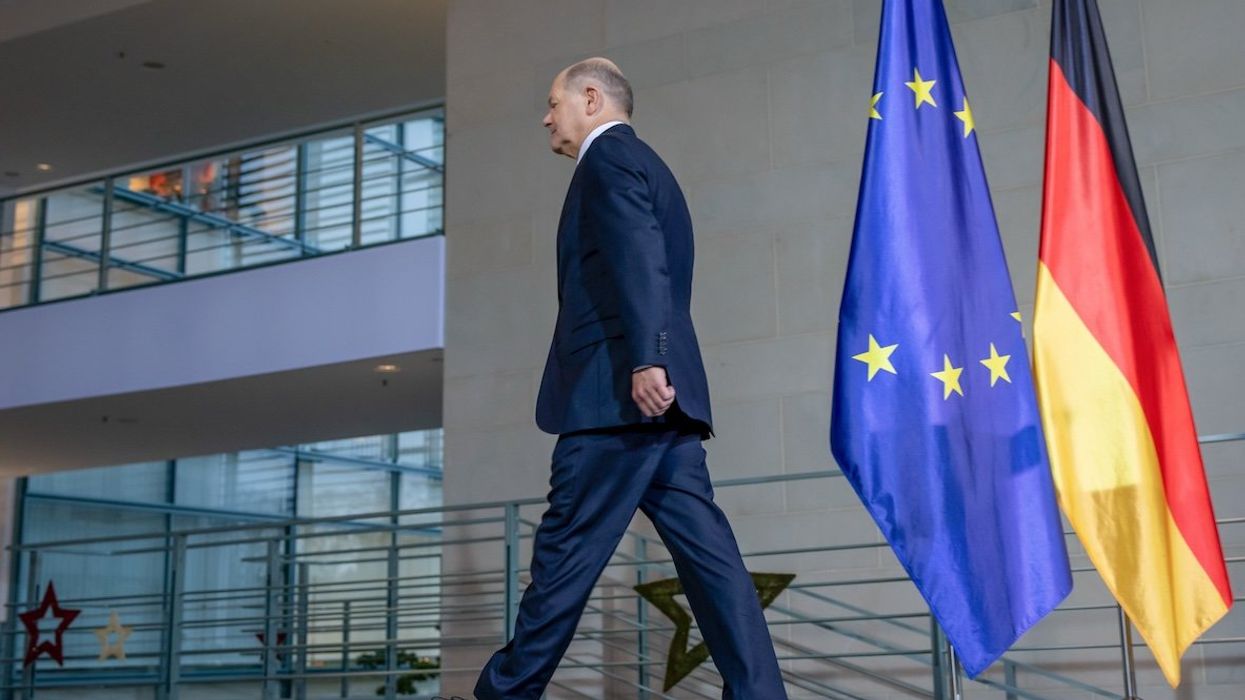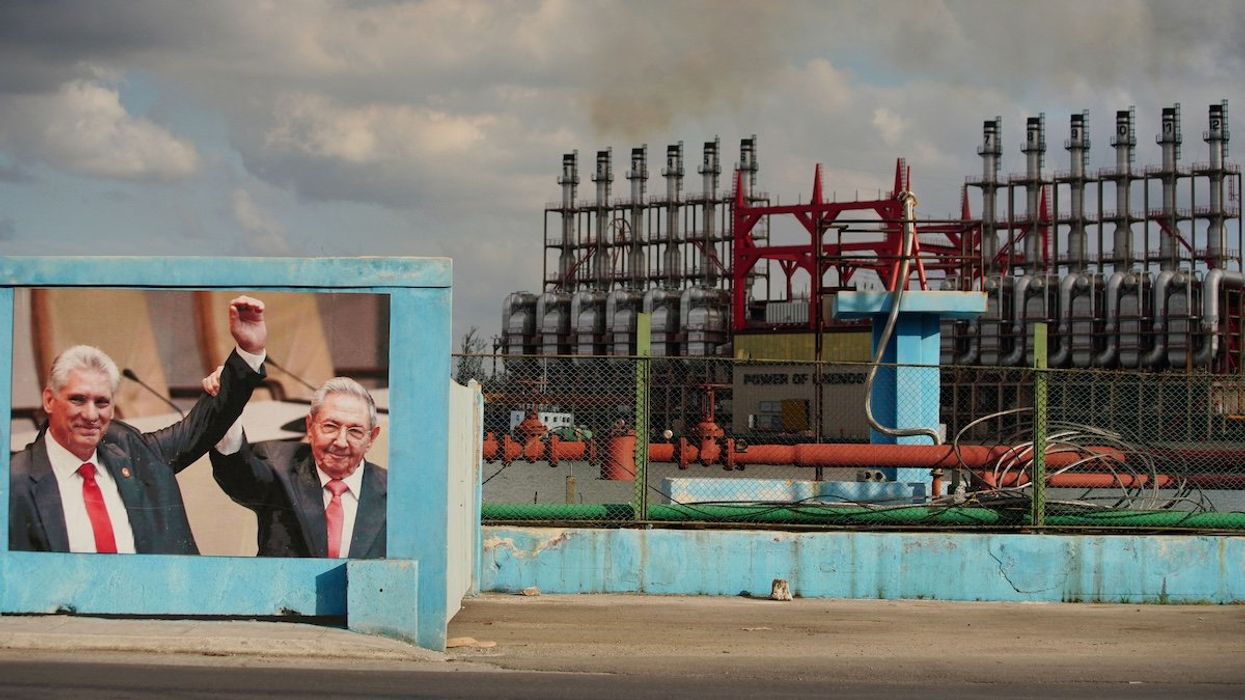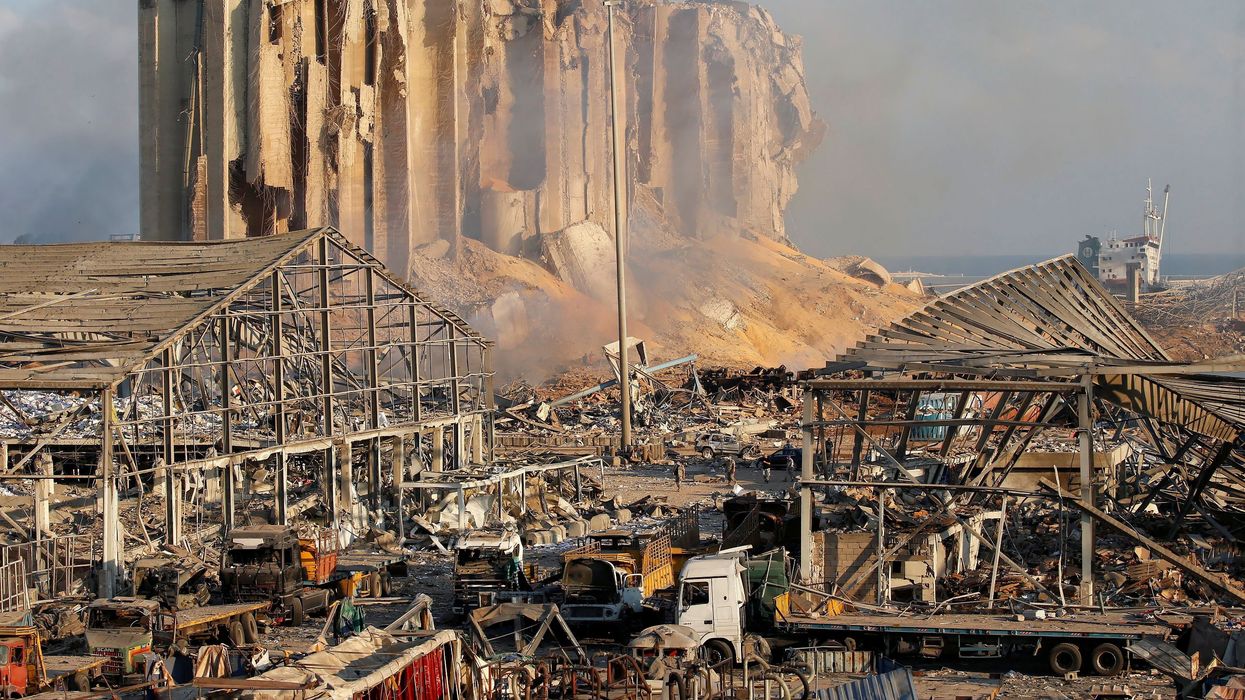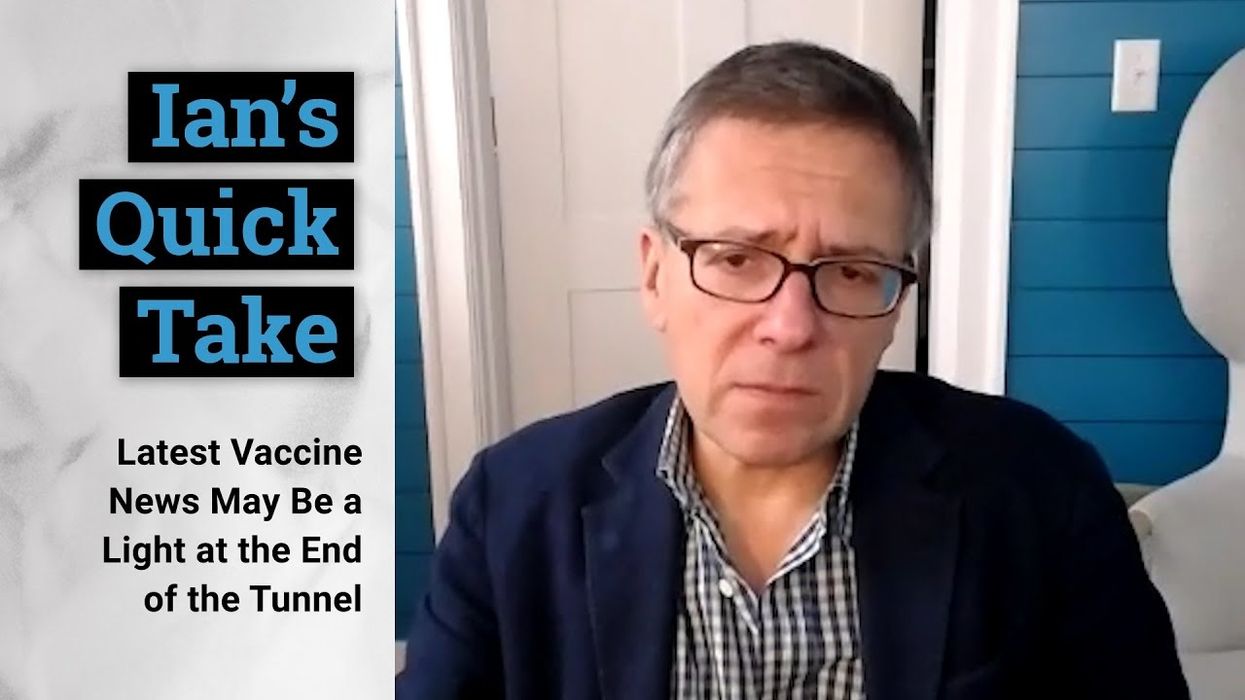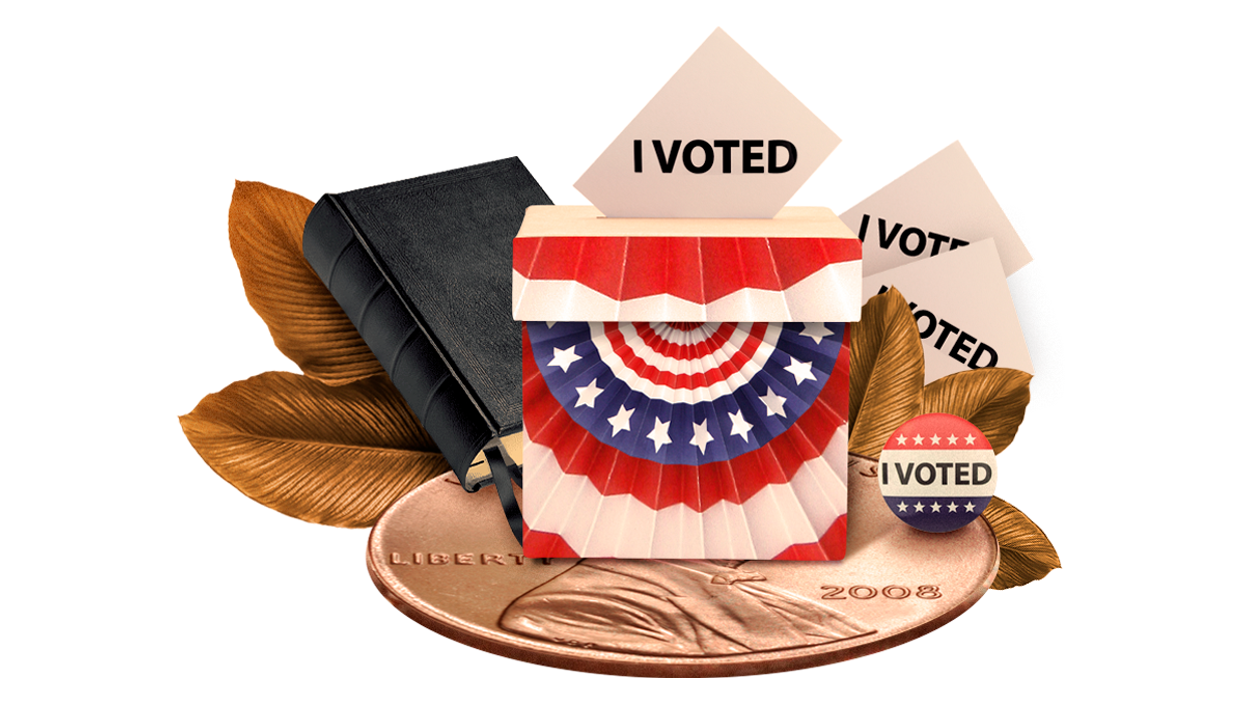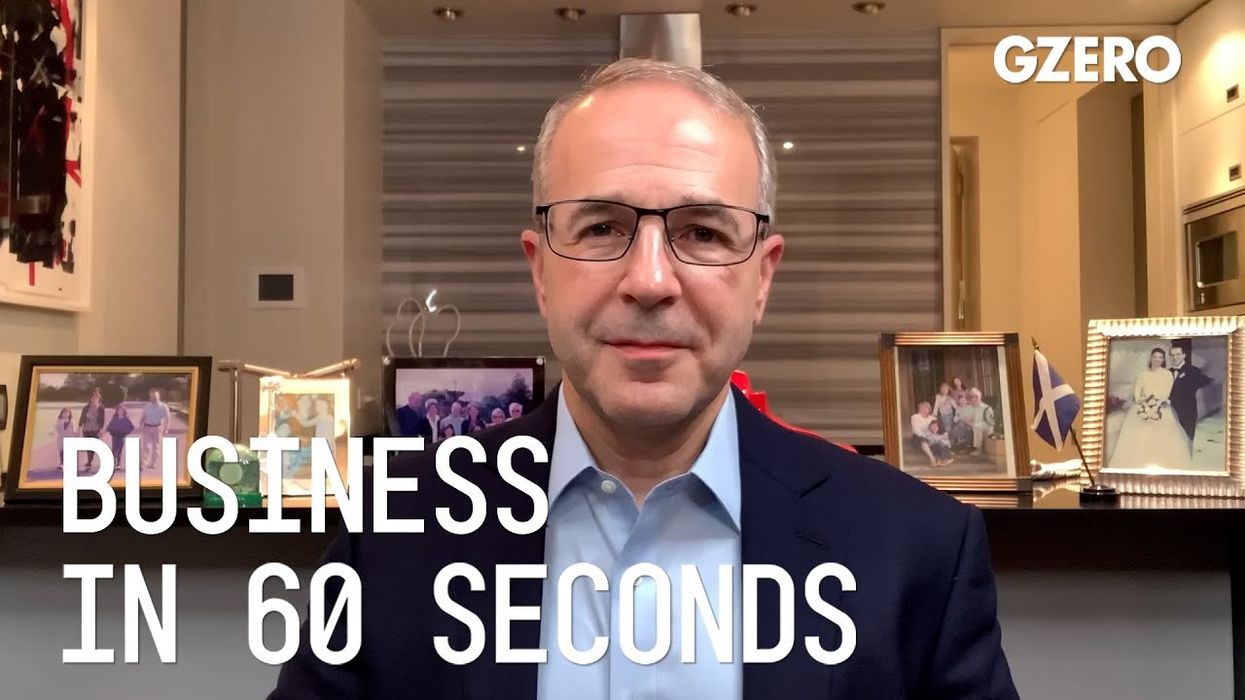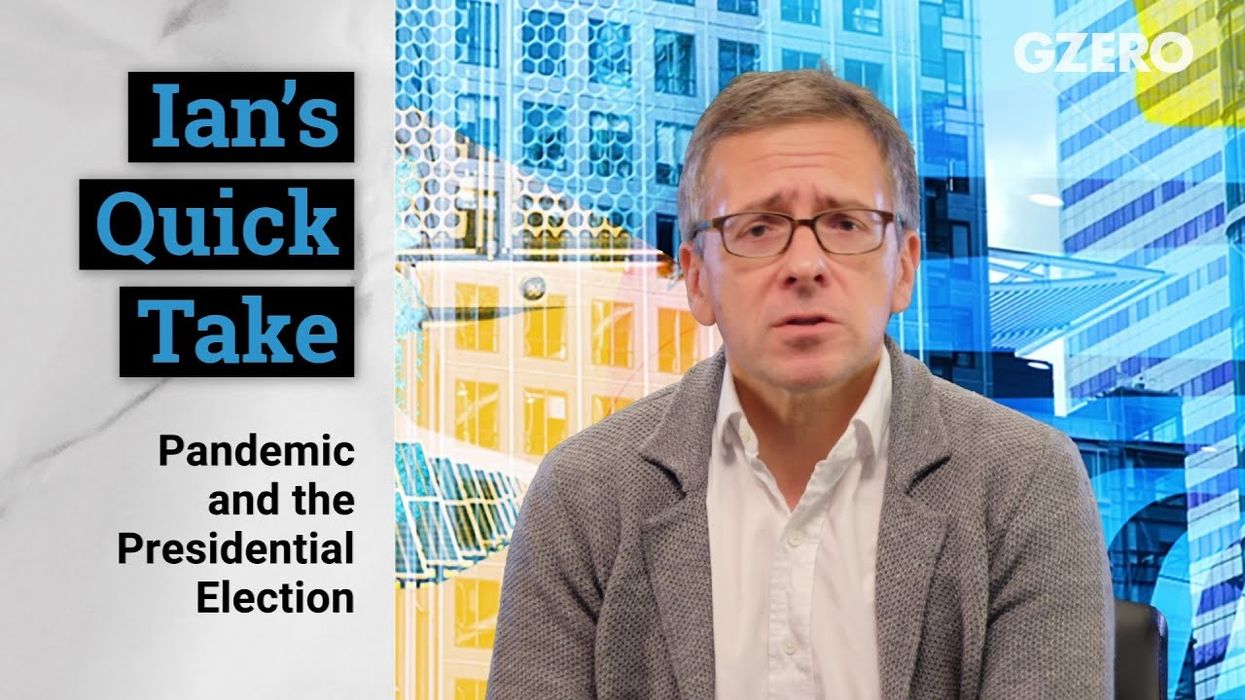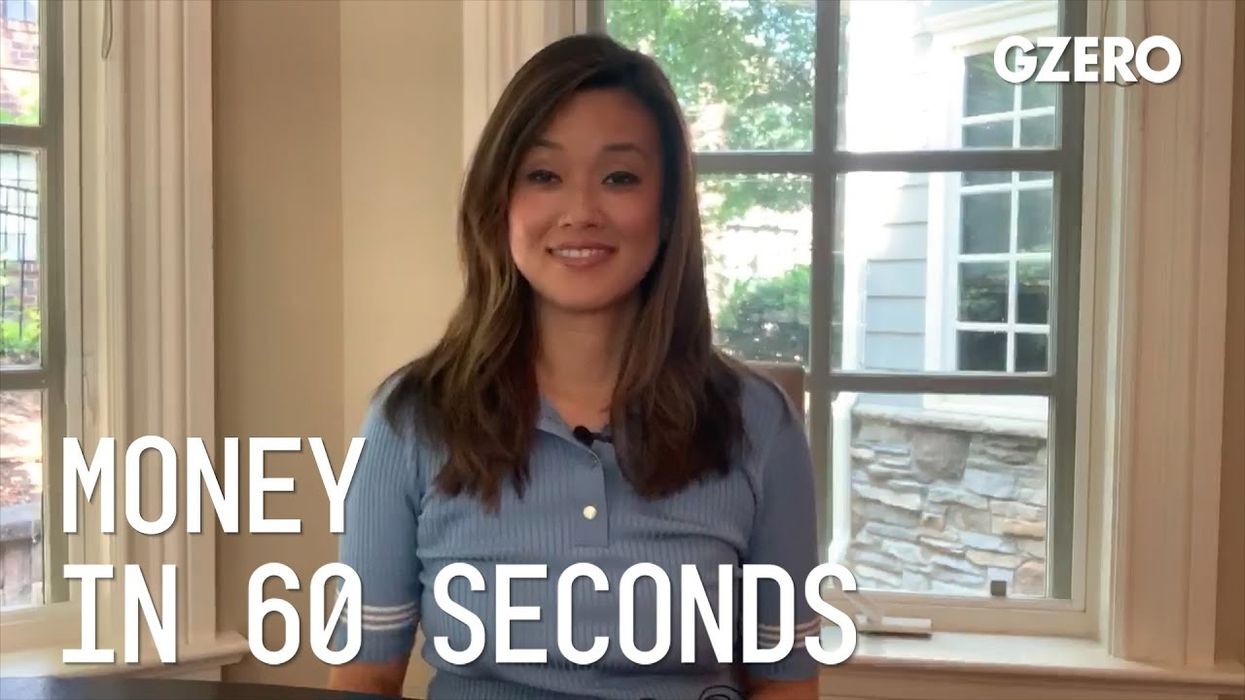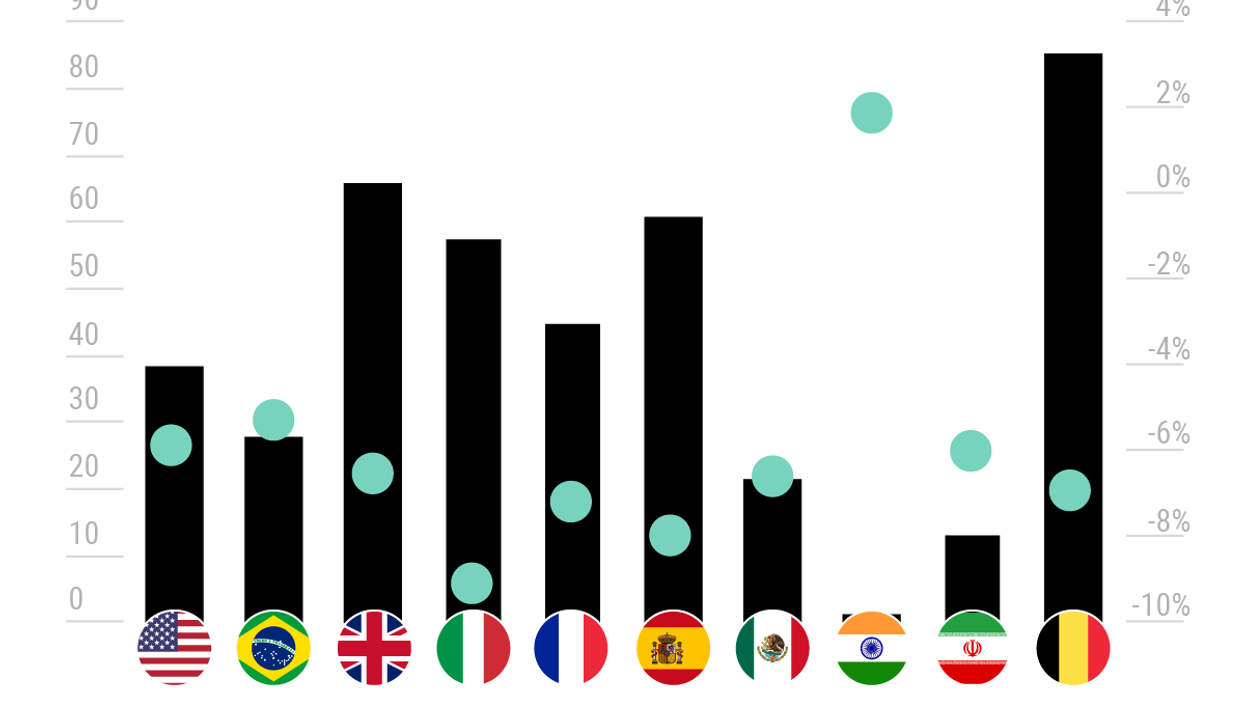Viewpoint
Viewpoint: Germany seeks new political leadership to address economic crisis
Faced with a political impasse preventing action on acute economic and geopolitical challenges, the German parliament will hold a vote of confidence in Chancellor Olaf Scholz’s government on Dec. 16. We asked Eurasia Group expert Jan Techau to explain what set off this chain of events and where it is likely to lead ahead of February's snap elections.
Dec 11, 2024
